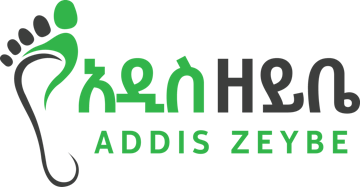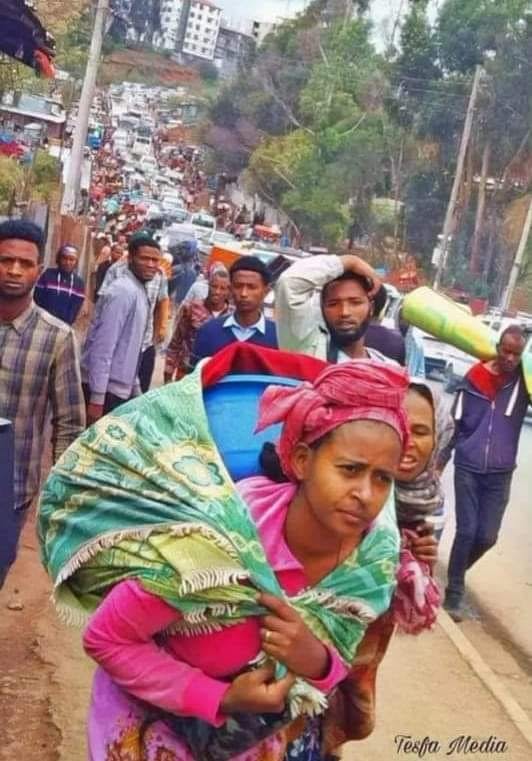In its groundbreaking annual report on social and economic rights, the Ethiopian Human Rights Commission has highlighted significant threats to various fundamental rights over the past year, including the right to an appropriate standard of living, education, physical and mental health, work, and related rights.
This 29-page report, which covers the last Ethiopian year from June 2022 to June 2023 and was made public on September 15, underscores the pressing need to address peace and security issues in Ethiopia. These issues have led to dire consequences such as loss of life, displacement, disability, and the deterioration of health and education facilities. Additionally, the report emphasizes the critical need to provide education for thousands of children and rectify service disruptions.
The preceding year, social and economic rights violations were primarily attributed to militant attacks and confrontations with government security forces, particularly in the Amhara and Oromia regions. The destruction of small businesses in Addis Ababa, ostensibly due to "security threats," and the demolition of "illegal" homes in the newly formed Sheger city administration further exacerbated these rights violations.
Efforts to uphold social and economic rights during the year included the resumption of services in the Tigray region, the lifting the ban on three-wheeled vehicles in the capital city, and measures to combat inflation. The federal government also undertook initiatives to repair damaged infrastructure during the conflicts that ended within the Pretoria agreement.
However, it is essential to note that the Ethiopian Human Rights Commission's report also underscores that many social and economic rights violations are intertwined with Ethiopia's deteriorating security situation. The conflict in the Amhara region has disrupted agricultural processes and continues exacerbating economic and social challenges.
Robberies and attacks by armed groups in the Oromia region destabilize lives and deprive children and residents of education and medical services. People whose homes and businesses were demolished in Addis Ababa due to "threats to security and safety" continue to seek justice, as the demolition has temporarily ceased, but justice remains elusive.
Over the past three years, severe droughts have afflicted regions such as Oromia, Somali, Zala, Burji special districts, Konso, and South Omo Zones. The government's failure to implement preventive measures has exacerbated this problem.
The report also highlights the alarming shortage of essential drugs and medical supplies and rising prices, restricting citizens' access to the highest attainable physical and mental health.
There has been a growing demand for workers' rights and benefits throughout the year. The EHRC's report addresses the plight of cleaning and security workers employed through agents and construction workers vulnerable to safety and human rights violations.
Notably, the Confederation of Ethiopian Trade Unions has consistently advocated for a lower wage floor in Ethiopia and reduced labor taxes.
In a nutshell, the Ethiopian Human Rights Commission's annual report serves as a critical resource for understanding the multifaceted challenges facing social and economic rights in Ethiopia. It underscores the urgent need for comprehensive solutions to address these pressing issues and safeguard the rights and well-being of the nation's citizens.


